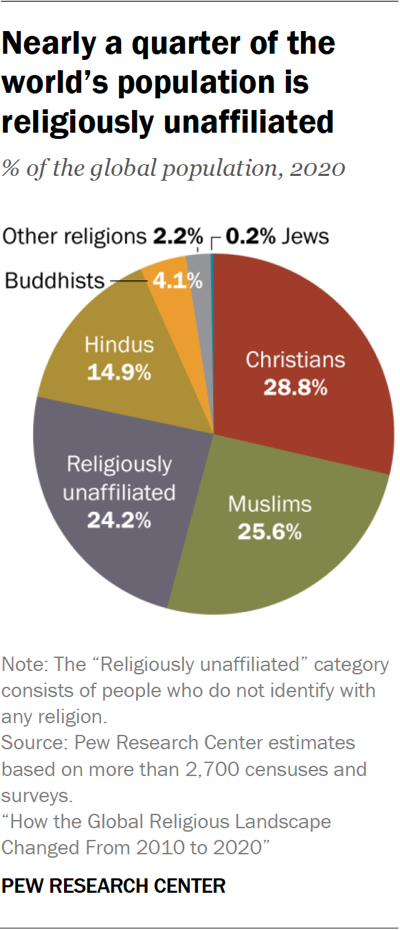Studying morally contested transactions doesn't always suggest paths by which consensus might be reached. It often suggests that conflicting views may be irreconcilable.
That seems to be the case for the growing legalization of Medical Aid in Dying (MAID, also called medically assisted suicide), about which I've recently blogged several times.
MAID laws face determined religious opposition. When Hawaii legalized MAID in 2018, the Catholic Diocese of Honolulu issued some guidance to clergy pointing out that the law's requirements for informed consent seemed to coincide with the requirements for a sin to be a mortal sin.
Diocese of Honolulu November 5, 2018: Instruction Regarding Sacraments and Funerals In Situations Involving Physician Assisted Suicide for Clergy, Parish Staff and Ministers to the Sick and Homebound
“Everyone is responsible for his life before God who has given it to him. It is God who remains the sovereign Master of life. We are obliged to accept life gratefully and preserve it for his honor and the salvation of our souls. We are stewards, not owners, of the life God has entrusted to us. It is not ours to dispose of” (Catechism of the Catholic Church [CCC], no. 2280)
...
7."For a sin to be a mortal sin, three conditions must be fulfilled:
- the matter must be grave,
- the person must have knowledge of the gravity of the matter, and
- the person must freely choose the matter after sufficient deliberation (see CCC, nos. 1857-1859).
8."The process required by the State of Hawaii for a person seeking medically assisted suicide is meant to guarantee that he or she is fully informed and has made a deliberate consent, thus likely fulfilling the requirements for mortal sin.
9." If a person dies in mortal sin without contrition, such final impenitence results in the “exclusion from Christ's kingdom and the eternal death of hell, for our freedom has the power to make choices for ever, with no turning back” (CCC, no. 1861; see no. 1864)
HT: Julio Elias




